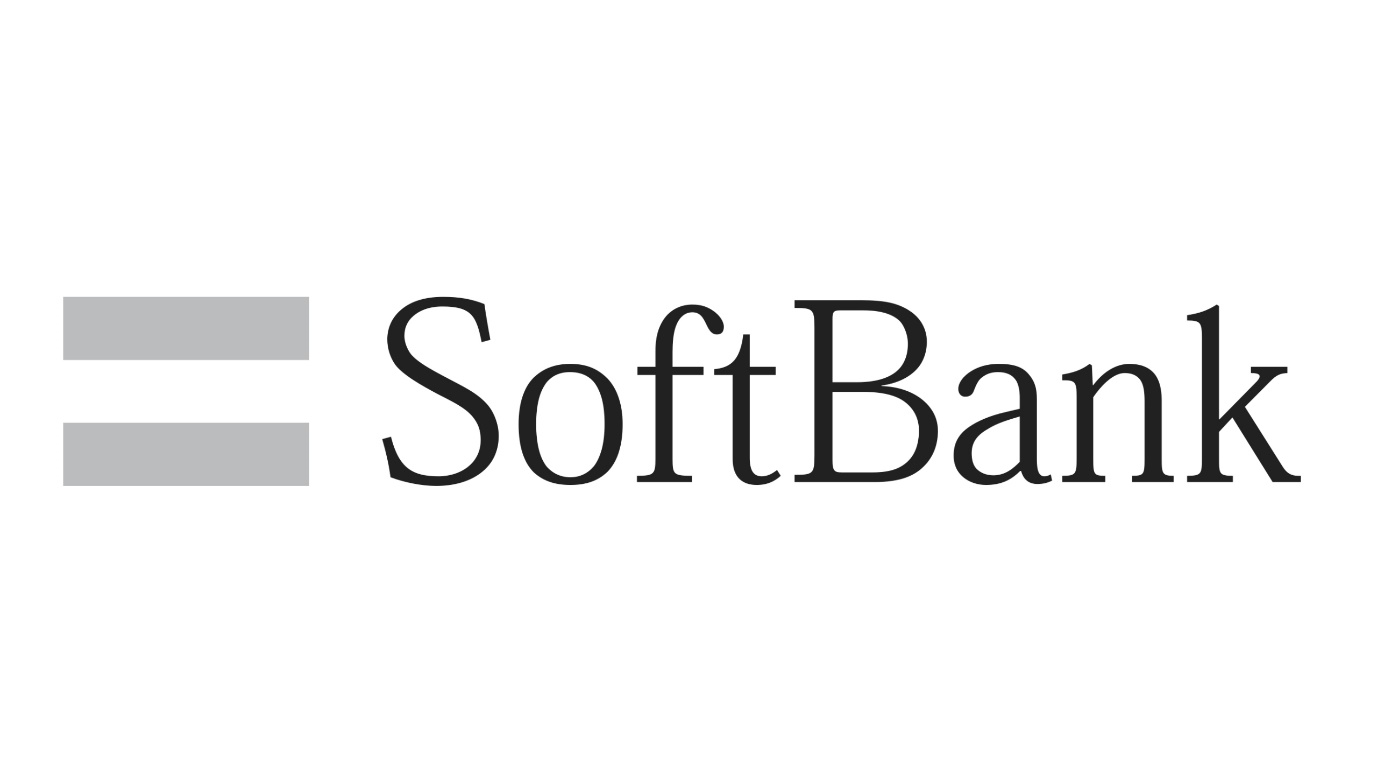
Why Skills-First Leadership Is Replacing the Ivy League Playbook in the C-Suite
The old prestige pyramid—where Ivy League degrees and blue-chip consulting backgrounds paved the way to the CEO seat—is cracking.

August 11, 2021: On Tuesday, according to its latest financial report released, SoftBank has offloaded shares of U.S. tech giants such as Facebook, Microsoft, Alphabet, and Netflix.
The Tokyo-headquartered conglomerate invests in the listed shares through its S.B. Northstar trading unit. It provides a breakdown of the portfolio companies of the unit in its quarterly results.
S.B. Northstar’s portfolio included Facebook, Microsoft, Alphabet, and Netflix at the end of March. Still, they were absent from the list at the end of the April-June quarter, which suggested a reduction or a complete offload in holdings.
In March, SoftBank had $3.1 billion of Facebook shares, $1 billion of Microsoft shares, $575 million of Alphabet shares, and $382 million of Netflix shares were enlisted in its June report.
According to the filings, SoftBank reduced the size of its stake in Amazon from $6.2 billion to $5.6 billion.
In total, S.B. Northstar held stakes in firms worth $13.6 billion at the end of June, down from $19 billion by March-end.
In the previous September, The Financial Times reported that SoftBank was the mystery “Nasdaq whale” buy billions of dollars in call options which bet on stocks rising.
The report quoted a source saying SoftBank had been snapping up options in notable tech names such as Tesla, Amazon, Microsoft, and Netflix, driving up valuations in the sector.
SoftBank’s total net profit for its fiscal first-quarter fell 39% year-on-year to 762 billion Japanese yen as Chinese regulators cracked down on Alibaba, its biggest bet, and other companies in the portfolio such as Didi.
The SoftBank Vision Fund, a dedicated tech investment fund, posted a $2.1 billion profit as companies in the portfolio listed on stock markets.

The old prestige pyramid—where Ivy League degrees and blue-chip consulting backgrounds paved the way to the CEO seat—is cracking.

Loud leaders once ruled the boardroom. Charisma was currency. Big talk drove big valuations.

But the CEOs who make history in downturns aren’t the ones with the deepest cuts

Companies invest millions in leadership development, yet many of their best executives leave within a few years. Why?

The most successful business leaders don’t just identify gaps in the market; they anticipate future needs before anyone else.

With technological advancements, shifting consumer expectations, and global interconnectedness, the role of business leaders

The Fort McMurray First Nation Group of Companies is the wholly owned business entity of Fort McMurray 468 First Nation. It was established in 1987 as Christina River Enterprises, and the organization rebranded as FMFN Group in 2021. Providing Construction, Custodial, Petro-Canada Fuel & Convenience Store, and Transportation services to a broad portfolio of customers, the Group of Companies is creating financial stability and prosperity for the Nation.

Maushum Basu is a visionary leader who inspires his team with a clear, compelling purpose. Unafraid to take calculated risks, he understands that growth often stems from change and innovation. His deep commitment to both Airia Brands, Inc.

When speaking with Martin Paquette, one thing is immediately apparent: he’s honest. His transparency is refreshing. While many shy away from such vulnerability, Paquette sees it as a force to reckon with. The incredible emotional intelligence speaks to years of looking within—it’s also what allows him to acknowledge his mistakes gracefully and use them as opportunities to innovate.

Marina Charriere, CEO of Star Drug Testing Services, Star Drug Testing Services (Windsor Park), and First Defence Face Masks go hand in hand. Star is a drug and alcohol testing facility, and First D F M is a face mask company.

Leave us a message
Subscribe
Fill the form our team will contact you
Advertise with us
Fill the form our team will contact you